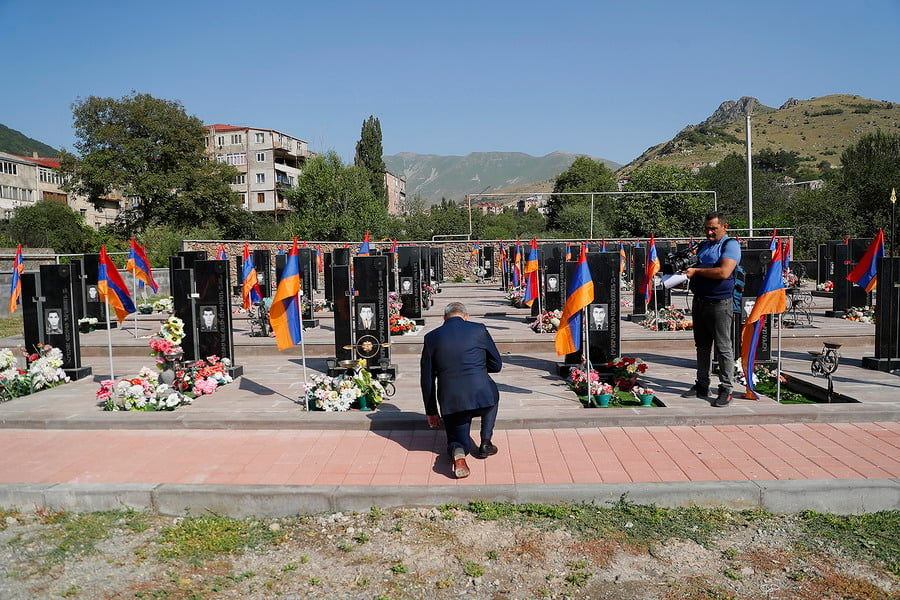Often, when developments take place in a negative or, even more so, catastrophic scenario, people, to justify their incompetence and mistakes, exclaim: “It had to be like that,” “Everything was going that way,” “There was no other option.” It is too easy, having a particular result, to pretend to be innovative and claim that it was the only possible result. Meanwhile, history (and, by the way, a person’s life) consists of regularly appearing nodes, “crossroads,” where one can go in one direction or another, accept this or that decision.
If Putin had not decided to attack Ukraine, there would be no war in Europe now. If tanks had not crushed hundreds of students in Tiananmen Square in 1989, China’s history would have developed in a different direction. If 1996, Ter-Petrosyan had given up his power to Vazgen Manukyan, the Third Republic would have taken a different path. If a palace coup had not occurred in Armenia in 1998, other developments in the Artsakh issue would have happened. Good or bad is debatable in such cases. But to claim that only one scenario was possible in ancient or recent history, which is precisely the scenario in which the events developed, is a unique manifestation of fatalism. I would call it “reverse fatalism”.
In his last speech to the party members, Prime Minister Pashinyan, once again to justify his defeats, claimed that the “dissolution” (i.e., loss, surrender, depopulation) of Nagorno-Karabakh was inevitable, predetermined in 2016. In general, we have spent 30 years of time and resources on something (that is, on keeping Artsakh Armenian), which was not possible from the beginning.
I am not opposed to harsh pragmatism. If Pashinyan had that belief, then in May 2018, coming to power, he should have announced. “Dear people, the liquidation of Nagorno-Karabakh is inevitable. Let’s not spend time, resources, and human lives on that problem.” However, the policy of the Armenian government was different. Before the 2020 defeat, Pashinyan was fighting for the self-determination of the people of Artsakh. After the defeat, he promised “peaceful de-occupation” of Shushi and Hadrut, and then he set the problem of “protecting the security and rights of Armenians living in Karabakh.” There was no mention of the inevitability of liquidation.
Read also
From here, can I assume that after implementing the points of the “peace treaty” (“enclaves” and “resettlement of Azerbaijanis”), the prime minister will announce that the dissolution of the state of Armenia was inevitable, and we, Armenians, spent 35 years on that pointless project in vain?
ARAM ABRAHAMYAN





















































